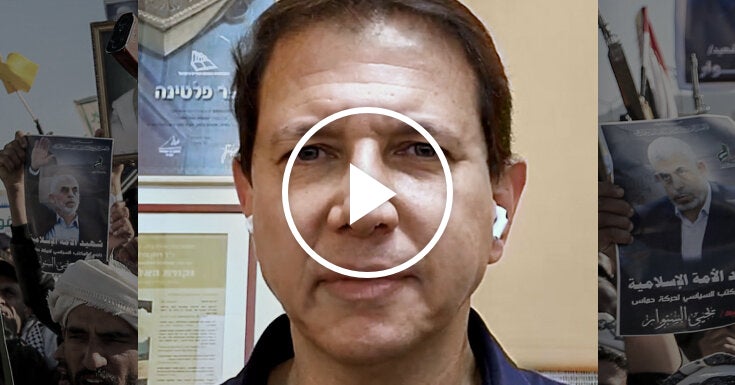On October 7, 2024, a deadly attack orchestrated by Yahya Sinwar shook Israel and Gaza, leading to his targeted killing by Israeli forces. This event has raised questions about the implications for both Israel and Gaza, and has sparked discussions about the future of the region.
Yahya Sinwar, a prominent figure in Hamas and the mastermind behind the October 7 attack, was known for his extremist views and involvement in acts of violence against Israel. His death has left a power vacuum within Hamas, and has raised concerns about the potential for retaliation from the group.
Ronen Bergman, a staff writer for The New York Times Magazine based in Tel Aviv, has provided insight into the significance of Sinwar’s killing and what it means for the ongoing conflict between Israel and Gaza. In his analysis, Bergman delves into the motivations behind Israel’s decision to target Sinwar, and the potential consequences of his death.
According to Bergman, Sinwar’s killing was a strategic move by Israel to eliminate a key threat to its security. Sinwar was responsible for orchestrating numerous attacks against Israel, and his elimination was seen as a necessary step to prevent further violence and protect Israeli civilians.
Bergman also highlights the impact of Sinwar’s death on Hamas and the broader Palestinian resistance movement. Sinwar’s leadership within Hamas was seen as a driving force behind the group’s militant activities, and his absence could potentially weaken the organization’s ability to carry out attacks against Israel.
Furthermore, Bergman discusses the implications of Sinwar’s killing on the political landscape of Gaza. Sinwar’s death has created a power vacuum within Hamas, and has raised questions about who will succeed him as the leader of the organization. This leadership transition could have significant implications for the future direction of Hamas and its relationship with Israel.
In addition to the internal dynamics within Hamas, Bergman also examines the broader geopolitical implications of Sinwar’s killing. The attack on Sinwar has escalated tensions between Israel and Gaza, and has raised concerns about the potential for further violence in the region. The international community is closely monitoring the situation, and there are fears that the conflict could spiral out of control.
Bergman emphasizes the need for both Israel and Hamas to exercise restraint and avoid further escalation of violence. He calls for diplomatic efforts to de-escalate the situation and prevent a full-blown conflict from erupting. The international community plays a crucial role in facilitating dialogue and promoting peace between the two sides.
Overall, Sinwar’s killing has profound implications for the ongoing conflict between Israel and Gaza. It has sparked debates about the future of the region and the potential for peace. As both sides navigate the aftermath of this event, it is crucial for all parties involved to prioritize dialogue, diplomacy, and de-escalation in order to prevent further bloodshed and promote a peaceful resolution to the conflict.









